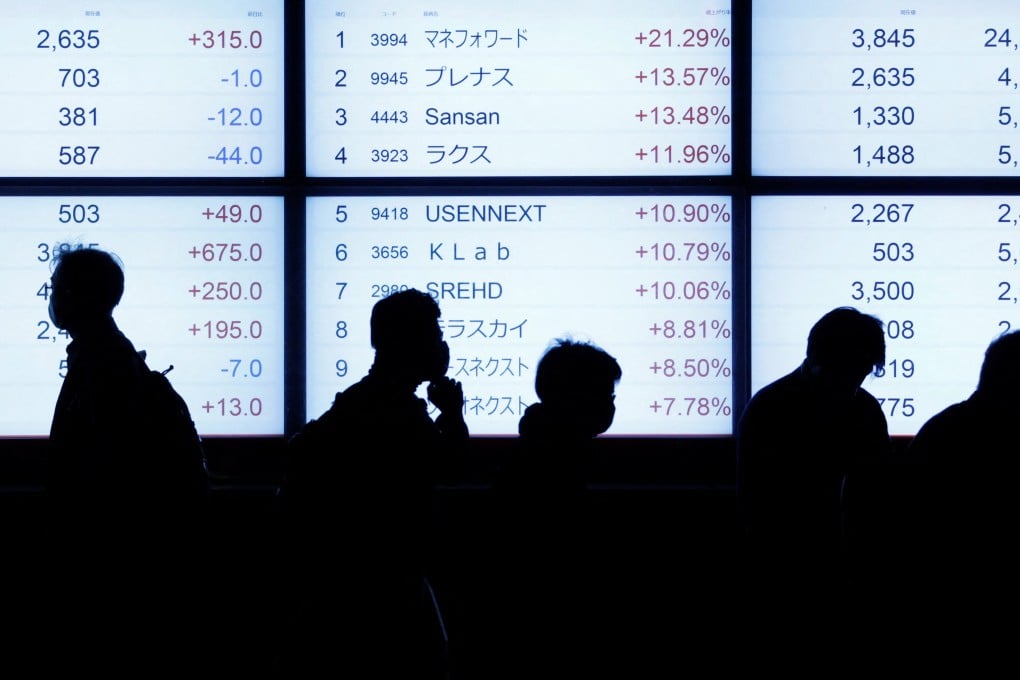Existential threat: Asia-Pacific CEOs uncertain about long-term survival as they fear business reinvention may fall short, PwC says
- Some 63 per cent of CEOs in Asia-Pacific are uncertain of their companies’ survival over the next 10 years if they continue on their current path, PwC survey shows
- Generative AI was overwhelmingly seen as a catalyst for the region’s CEOs to reinvent their companies, boost efficiency and undergo major change

Nearly two-thirds of Asia-Pacific CEOs are not confident in the long-term survival of their company despite an overwhelming majority of leaders taking measures to reinvent their business models, according to a survey by PwC.
The lack of confidence was most evident among CEOs in mainland China, Hong Kong and South Korea, as they have been confronted with heightened exposure to geopolitical tensions and economic headwinds from their trading partners.
Uncertainties like inflation, geopolitical tensions and a weak macroeconomic environment have led 97 per cent of CEOs to take proactive steps to pivot their business models, the consultancy’s 27th annual global CEO survey released on Tuesday showed.
While these efforts have helped business leaders curb short-term risks, confidence is lacking. Some 63 per cent of CEOs in Asia-Pacific said they are uncertain about the viability of their business over the next decade – 10 per cent higher than the previous year and 18 per cent more than the average for CEOs globally.

“Our CEO survey this year serves as an urgent and powerful call to intensified action towards business reinvention,” said Raymund Chao, chairman of PwC Asia Pacific and China. “Persistent geopolitical conflicts and inflationary worries, among other challenges, have really dug in, amplifying the risks and constraining growth in Asia-Pacific.”
Asia-Pacific CEOs still consider the US and mainland China critical to their growth prospects, with the proportion of regional executives looking to invest in these two markets over the next 12 months increasing by 10 per cent and 3 per cent, respectively, according to the survey.
